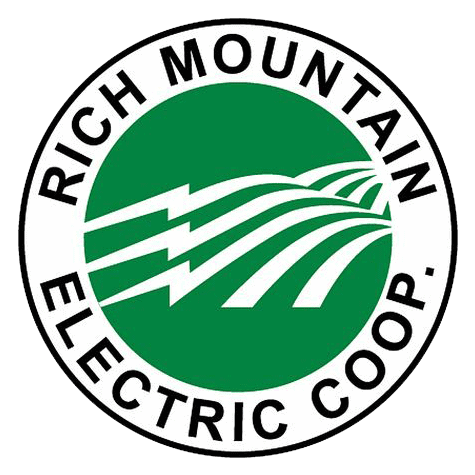Be Aware of Potential Energy Scams
By Jennah Denney
Electric cooperatives across the country are urging members to stay alert as utility-related scams continue to evolve. Fraudsters are becoming more aggressive and more convincing — using impersonation, false urgency and digital deception to extract payments or personal information from unsuspecting individuals.
Reports of scam calls, fake energy rebate offers and phony disconnection threats have increased in recent months. These schemes often begin with a phone call, text or visit from someone claiming to represent the local electric provider. The tactics vary, but the goal is always the same: to pressure members into acting quickly before they have time to verify the request.
Some scammers demand immediate payment, threatening that your service will be shut off within minutes. Others offer too-good-to-be-true incentives if the member provides banking information or pays an upfront fee. In many cases, scammers can even manipulate caller ID to appear as though the call is coming from a trusted utility number.
Arkansas’ electric cooperatives want members to know they will never call and demand immediate payment. They will never ask for banking or account information over the phone, nor will they pressure a member to act without the opportunity to verify the situation. If someone claiming to be from your cooperative insists on urgency or payment through nontraditional means, that’s a red flag.
These scams can arrive in the form of emails, text messages or QR codes designed to look like real payment portals. Typically, the links redirect to fraudulent websites that steal sensitive data. The scammers may also encourage members to pay through untraceable methods like prepaid debit cards, mobile apps or cryptocurrency — methods legitimate utilities never use.
One concerning trend involves scammers visiting homes unannounced, posing as utility workers conducting inspections or installations. Without proper identification or appointment confirmation, these visits should always be treated with caution.
Education and awareness remain two of the most powerful tools in this fight. Members are encouraged to talk with family, friends and neighbors about the warning signs of scams. Sharing information helps others stay safe and contributes to a stronger, more connected community.
If something doesn’t feel right, don’t hesitate to hang up, close the message or refuse entry. Call your cooperative directly using the number listed on your monthly bill or on the official website. Member service professionals are available to assist.
Jennah Denney writes on consumer and cooperative affairs for the National Rural Electric Cooperative Association.

